Timely security patches and seamless iOS software updates are among the chief reasons for many Android customers to switch to an iPhone.
Some Android vendors found to deliberately deceive customers with fake security patches
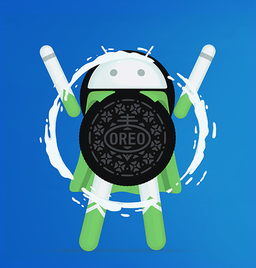

Timely security patches and seamless iOS software updates are among the chief reasons for many Android customers to switch to an iPhone.
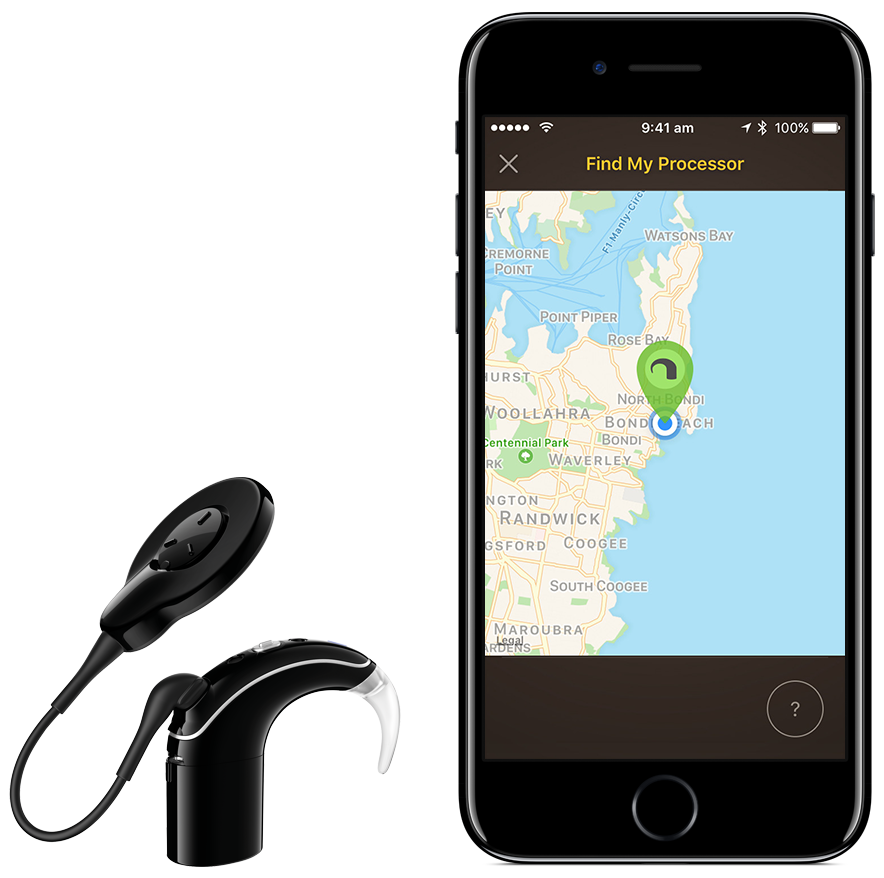
To solve the huge problem of streaming high-quality audio over Bluetooth without quickly draining the tiny batteries in hearing aids and other implants, Apple has developed a new technology called Bluetooth LEA, or Low Energy Audio, according to Wired.
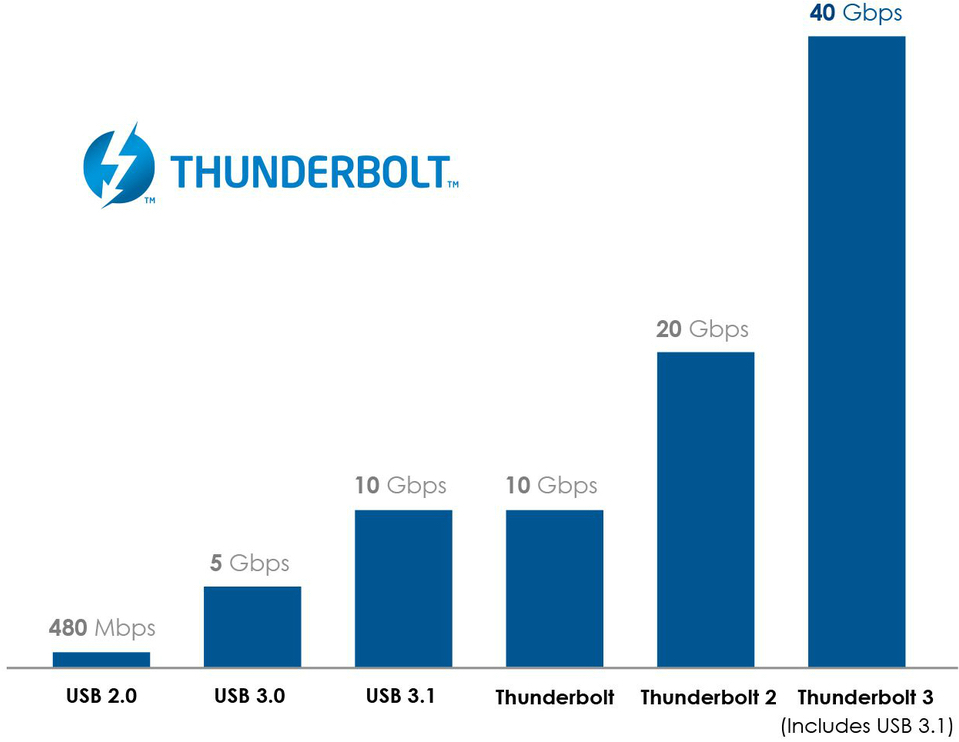
Intel announced today it will be making Thunderbolt 3 royalty-free for manufacturers in 2018 to boost adoption. Moreover, the chip giant will be natively integrating Thunderbolt 3 into its future CPUs, which should help reduce the overall solution cost on the computer.
“We think the first thing is going to drive broader adoption and deployment of Thunderbolt 3 in PCs,” Jason Ziller, Intel’s lead for Thunderbolt development, told Wired. “The second will drive also broader adoption in the ecosystem, with a lot of different peripherals and other devices.”
Intel is continually working with the industry to lower the cost of the cables and the devices. The improving USB-C economies of scale should help Thunderbolt 3 drive down costs.
There are currently about 60 Thunderbolt-compatible peripherals.
About 180 seventh-generation Core CPUs from Intel include native Thunderbolt 3 integration, with another 30 or so expected by the end of the year.
Dan Riccio, Apple’s Senior Vice President of Hardware Engineering, said:
Apple and Intel have collaborated on Thunderbolt from the beginning, and as the industry leader in its adoption, we applaud Intel’s efforts to integrate Thunderbolt technology into its CPUs and open it up to the rest of the industry.
The Thunderbolt protocol has been struggling to gain traction.
Jointly developed by Apple and Intel six years ago, it's failed to go mainstream due to the royalty fees vendors are required to pay and a combination of high cost and low availability.
Thunderbolt 3 supports data speeds of up to 40 Gbps, allowing you to transfer a 4K movie in about thirty seconds. In addition to data, the protocol allows for power, USB, DisplayPort, HDMI and VGA to be carried over a single reversible port that's compatible with USB-C.
“There always have been and probably will continue to be some wired ports on even the thinnest and lightest computers,” says Ziller. “So having a single port that really do everything that you need is our vision for Thunderbolt 3.”
Apple's MacBook Pro uses a dedicated Thunderbolt 3 controller measuring 10.7mm × 10.7mm.
Microsoft has enhanced Thunderbolt 3 device plug-and-play support in the now available Windows 10 Creators Update, with additional enhancements planned for future OS releases.
By integrating the protocol into its CPUs and making the Thunderbolt specification available to third-party chipmakers royalty-free next year should help Thunderbolt 3 become an industry-standard it was always meant to become.
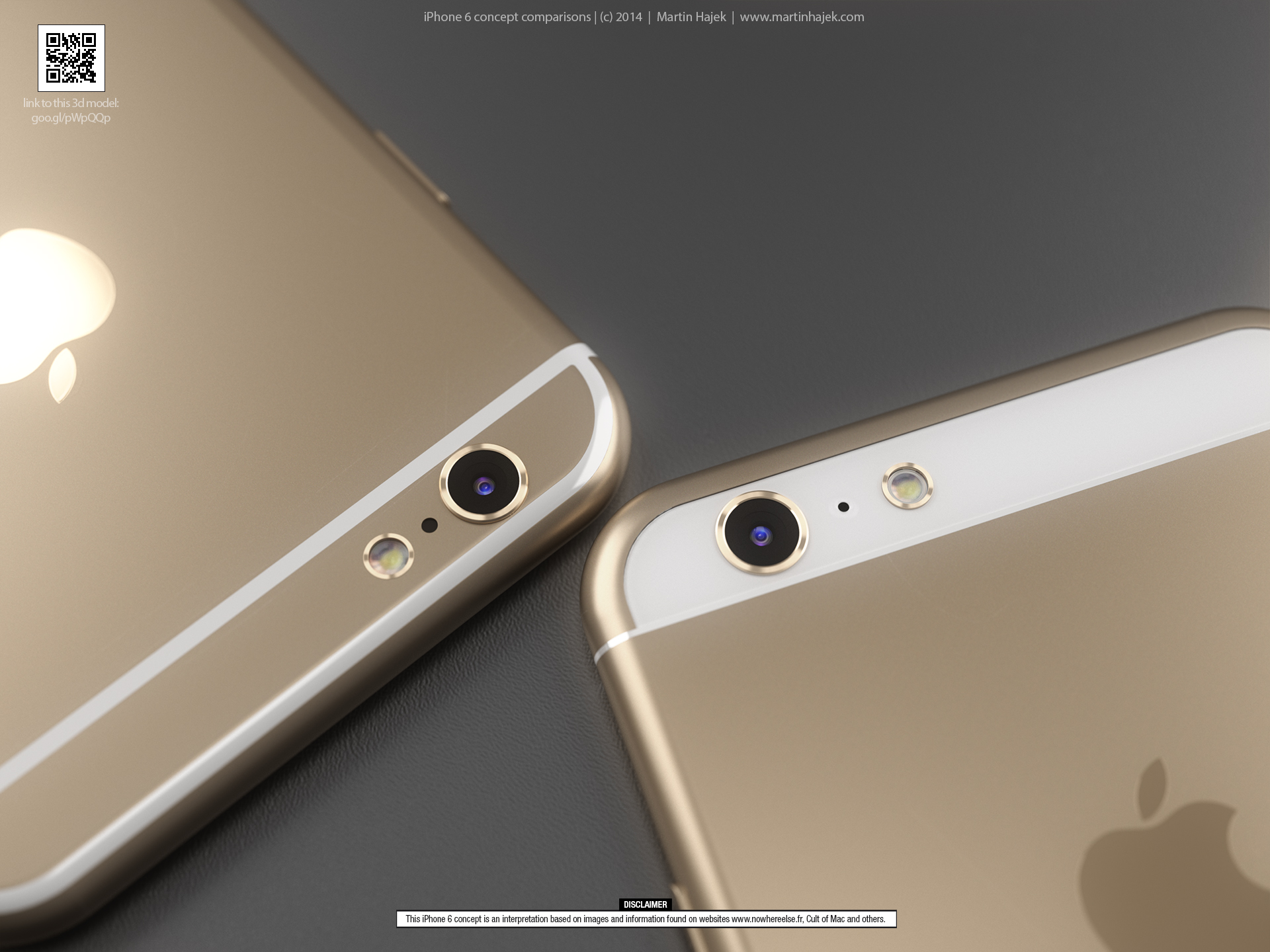
According to sources familiar with the matter who spoke to Wired, the rumors were in fact true as the next iPhone is reportedly going to have a Near-Field Communication (NFC) circuitry and feature an Apple-branded payment platform.
Apple's contactless mobile payment solution is being described in the report as "one of the hallmark features" of the iPhone 6 when the device is unveiled on September 9 (alongside a rumored Apple wearable device).
"We’re told the solution will involve NFC," reads the report.
For what it's worth, the reliable John Paczkowski of Re/code has “been hearing the same” about the NFC-enabled iPhone 6.
Recent leaks of purported iPhone 6 components have indicated that the forthcoming smartphone could indeed be outfitted with an NFC chip by a semiconductor company called NXP, which currently supplies the M7 motion coprocessor for the latest iOS devices.
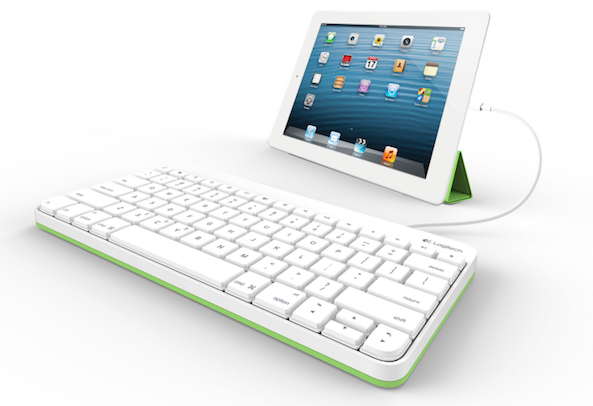
Wireless Bluetooth keyboards for the iPad are a dime a dozen these days. It seems like everyone makes them, including Kensington, Targus, and Belkin. In fact, ZAGG just launched a pair of new ones yesterday in the form of the Cover and the Folio.
But what you don't see everyday are wired keyboards for the iPad, like this one that Logitech just unveiled. The Wired Keyboard is durable, spill-resistant, doesn't require Bluetooth pairing or batteries, and comes in both 30-pin and Lightning flavors...

Apple has finally disclosed how long Siri keeps your personalized data collected and stored on its servers whenever you pick up your iPhone and ask her a question. In a new report published Friday, an Apple representative was quoted confirming the company keeps Siri data stored in the cloud for two years.
Watchers often express concern over digital voice assistants such as Siri because they store users' voice clips, opening door to a potential privacy nightmare should this private data ever be compromised. Apple on its part argues it stores anonymized data, and for two years only. Other companies that collect data from users, such as the Internet giant Google and industries like telecommunications, have similar data retention policies in place...
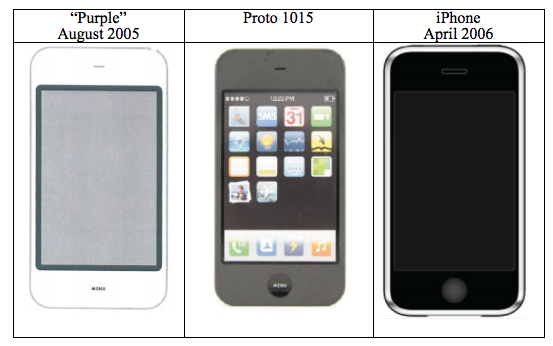
Wired sat down with Apple's Jony Ive to talk design ahead of the trial of the century which kicked off in northern California today and the publication is now extending the courtesy to Samsung, interviewing its product person to hear the other side.
Samsung's Kevin Packingham discussed patent and design accusations between his company and Apple, the result of which is bound to have serious ramifications for both parties. Unsurprisingly, the executive played down Apple's concerns that the Galaxy tablets and smartphones copy the iPhone and iPad slavishly, pointing out there's really just one way to go about the candy bar form factor...
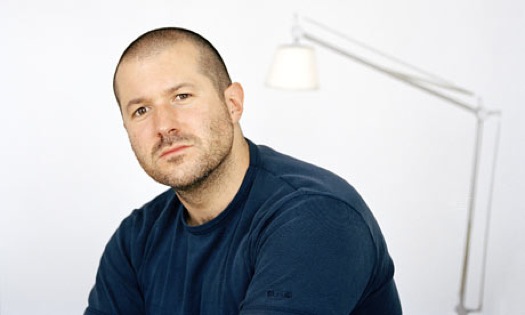
"Apple's goal is not to make money, but to make good products", is the key quote from Wired's exclusive one-on-one with Jonathan Ive, Apple's senior vice president of industrial design. The article touches upon several interesting topics dealing with Apple's design acumen, its business philosophy and some of the inner processes that guide decision-making at the world's most-valued public corporation.
It's timely, too. Today, Apple and Samsung have started duking it out in a mega-trial in the U.S. over who copied whom. A bunch of pre-trial briefs have already offered a unique glimpse into Apple's jealously guarded design process by revealing numerous device prototypes, from the octagonal iPhone to the Sony-inspired design to the 'Purple' 2005 thing.
Interestingly, the company's vice presidents Scott Forstall (iOS chief) and Phil Schiller (marketing boss) will both testify in the U.S. trial, but not Ive...
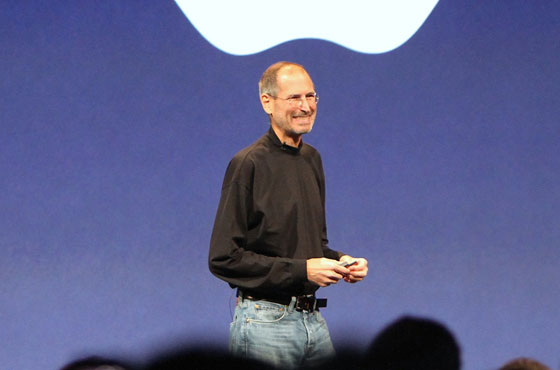
Wired in its August issue runs an interesting (albeit premature?) cover story about Apple's late co-founder titled Am I Steve Jobs which seeks to explore how the mercurial CEO's unconventional management style has affected and continues to inspire industry executives. The feature mostly draws from the authorized bio book by Walter Isaacson, but is also spiced up with interviews from today's business and tech leaders...